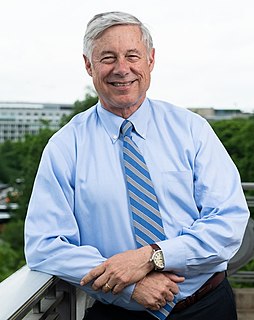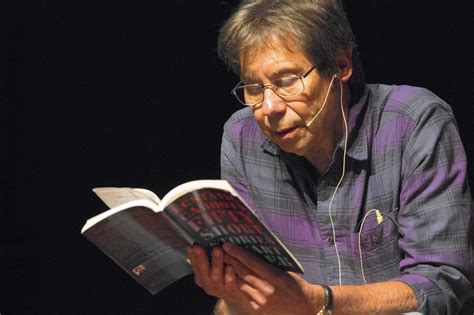A Quote by Susan Sontag
The past itself, as historical change continues to accelerate, has become the most surreal of subjects - making it possible... to see a new beauty in what is vanishing.
Related Quotes
It is not the literal past that rules us, save, possibly, in a biological sense. It is images of the past. Each new historical era mirrors itself in the picture and active mythology of its past or of a past borrowed from other cultures. It tests its sense of identity, of regress or new achievement against that past.
It was the upward-reaching and fathomlessly hungering, heart-breaking love for the beauty of the world at its most beautiful, and, beyond that, for that beauty east of the sun and west of the moon which is past the reach of all but our most desperate desiring and is finally the beauty of Beauty itself, of Being itself and what lies at the heart of Being.
In fact, technology in, and of, itself does not cause particular kinds of change. It is, essentially, an enabling or facilitating agent. It makes possible new structures, new organizational and geographical arrangements of economic activities, new products and new processes, while not making particular, outcomes inevitable.
"Hard" science fiction probes alternative possible futures by means of reasoned extrapolations in much the same way that good historical fiction reconstructs the probable past. Even far-out fantasy can present a significant test of human values exposed to a new environment. Deriving its most cogent ideas from the tension between permanence and change, science fiction combines the diversions of novelty with its pertinent kind of realism.
In 'Labor Day Hurricane, 1935,' Douglas Trevor vividly recreates a historical event. While that is the only story in A THIN TEAR IN THE FABRIC OF SPACE in the historical past, many of the other stories juxtapose fact-both historical and scientific-with narration to an engaging effect, one that distinguishes the voice of this new writer.
I believe the medium of film is one of the most powerful tools in the modern era to create positive social change. It has the ability to put big, complex, and controversial subjects across in an easy-to-understand and digestible form. It has the power to change someone's perspective on the world in a very short space of time - film has the power to change the world itself.
With her foot on the threshold she waited a moment longer in a scene which was vanishing even as she looked, and then, as she moved and took Minta's arm and left the room, it changed, it shaped itself differently; it had become, she knew, giving one last look at it over her shoulder, already the past.
I wanted to start over completely, to begin again as new people with nothing of the past left over. I wanted to run away from who we had been seen to be, who we had been... It's the first thing I think of when trouble comes - the geographic solution. Change your name, leave town, disappear, make yourself over. What hides behind that impulse is the conviction that the life you have lived, the person you are, is valueless, better off abandoned, that running away is easier than trying to change things, that change itself is not possible.


































